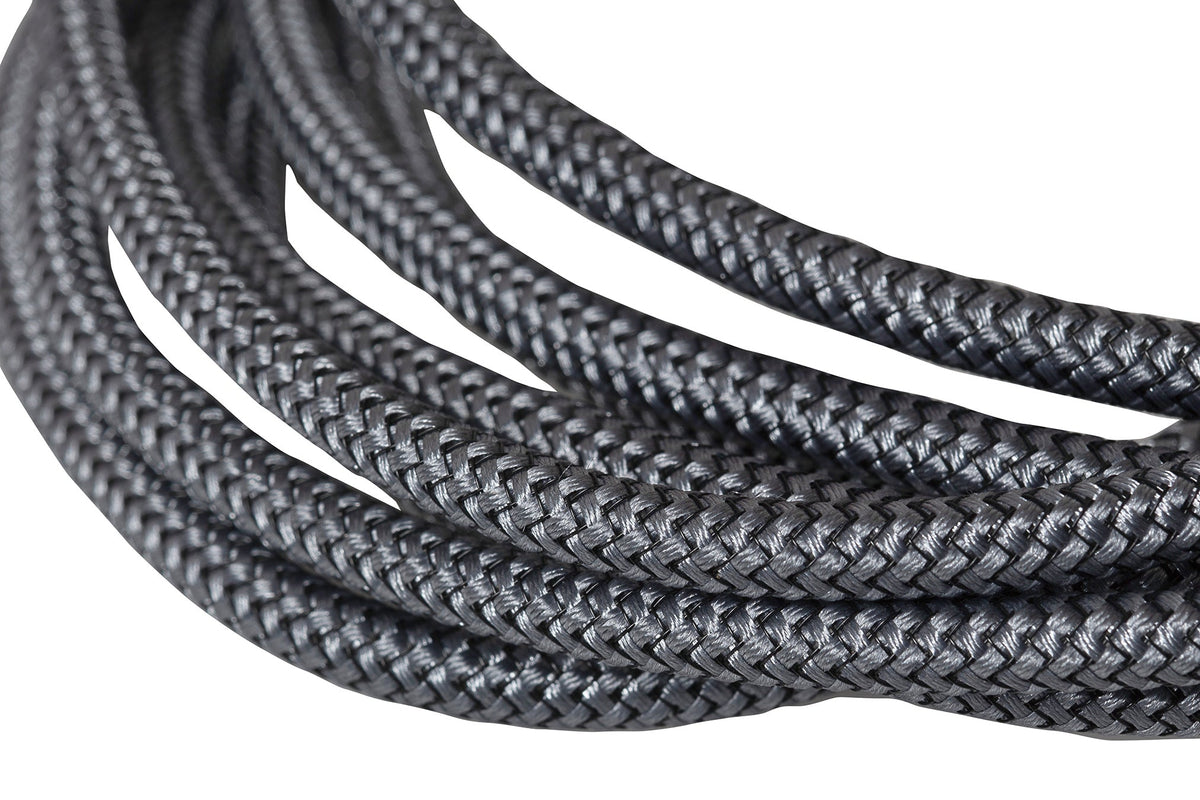
How to care for your cables
|
|
Time to read 3 min
|
|
Time to read 3 min
Tired of untangling cables only to find they’re damaged or don’t work anymore? Despite their importance, cables are often overlooked when it comes to maintenance. Proper care and maintenance can significantly prolong the lifespan of your cables, ensuring reliable performance and preventing unnecessary replacements.If you know how to look after your cables, you’ll find that they can last for far longer than you expect. So read on to learn some techniques to reduce wear and tear and how to care for your cables.
One of the most common causes of cable damage is over-bending and twisting. When cables are bent or twisted beyond their intended capacity, it can lead to kinks, breaks, and frayed wires, compromising their performance and longevity. To prevent damage, handle cables with care and avoid excessive bending or twisting, especially near the connectors where they are most vulnerable.
To protect the wires inside the cable jacket it’s important to wrap cables with care when not in use. Don’t wrap them around your hand, arm or wrist as this increases the chance of breaking or damaging the protective jacket or the wires inside. Instead, wrap the cable in a loose loop while holding it in one hand. This can help to extend the lifespan of the cable.
As tempting as it is to just shove your cables into the nearest bag when you’re finished with them, try to keep them organised and stored neatly. Braided cables can help to reduce tangling, but it’s always a good idea to keep them neat and tidy. Nobody wants to spend ages untangling cables!
Clutter and tangled cables not only look unsightly but can also increase the risk of damage and wear. To keep your cables in good condition, invest in cable organizers, clips, or ties to keep them neat and organized. Avoid tightly coiling or knotting cables, as this can cause strain on the wires and weaken the insulation over time.
Even when in use, cables can get damaged. They are most likely to start showing issues at either end, as the connecting points are subjected to the most stress. Yanking cables or bending the connectors can cause damage over time, so try not to leave them kinked or pressed up against something when in use.
Pulling on cables or exerting excessive tension can weaken the connections and cause damage to the cable itself. When unplugging devices, grasp the connector rather than pulling on the cable itself. Similarly, avoid placing heavy objects on top of cables or running them through tight spaces where they may be subjected to constant tension or pressure.
When not in use, store cables in a cool, dry place away from dust, dirt, and potential hazards. Consider investing in cable organizers or storage solutions to keep cables neatly coiled and protected from damage.
By following these simple tips, you can ensure that your cables remain in optimal condition and continue to provide reliable performance for years to come. Proper care and maintenance are essential for prolonging the life of your cables and minimizing the risk of damage or failure, ultimately saving you time, money, and frustration in the long run. With a little care and attention, you can enjoy seamless connectivity and hassle-free operation of your devices for years to come.
If you’re looking to expand your cable collection or replace some that have previously been damaged, check out our full range of Cables! We've got all sorts from USB-A and USB-C to HDMI and Lightning, so start exploring our range today!
Wrap Cables Carefully: Avoid over-bending and twisting cables to prevent kinks, breaks, and frayed wires, especially near connectors.
Handle with Care: When wrapping cables, avoid wrapping them tightly around body parts to prevent damage to the protective jacket and wires inside. Instead, loosely loop the cable while holding it in one hand.
Avoid Tangles: Organize and store cables neatly to prevent tangling, which can lead to damage and wear over time. Consider using cable organizers, clips, or ties to keep cables organized.
Prevent Stress: Minimize stress on cables by avoiding yanking or bending connectors excessively. When unplugging devices, grasp the connector rather than pulling the cable. Avoid placing heavy objects on cables or running them through tight spaces.
Proper Storage: Store cables in a cool, dry place away from dust and dirt when not in use. Use cable organizers or storage solutions to keep cables neatly coiled and protected from damage.
An avid gamer from a young age, Jon has dabbled in gaming journalism and dedicates much of his spare time to this hobby. He also has an interest in music, playing bass guitar in a rock covers band.
Having previously worked as a copywriter with another electronics retailer, he was eager to join Maplin with their new online venture. In addition to writing blogs, Jon also works on many of the website's landing pages and adding new tech to the range.
